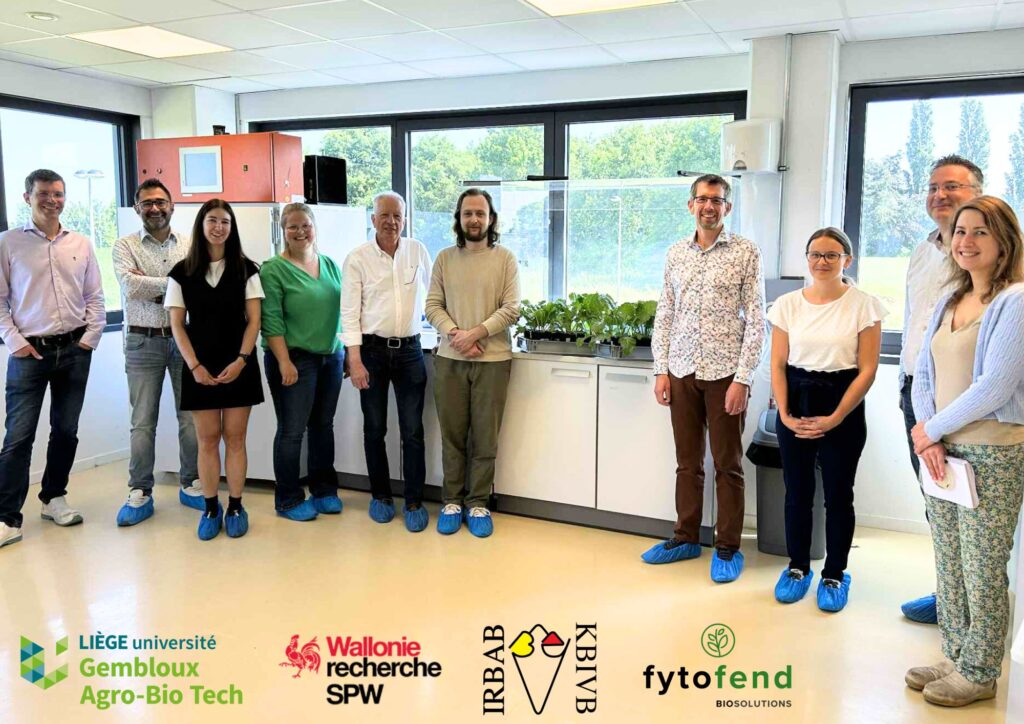Advancing COS-OGA research for sustainable sugar beet protection: Maksym’s PhD project

Context and objectives
Maksym has recently embarked on a doctoral research project with the Agro Biotech University of Gembloux (Liège) focused on the optimization of COS-OGA biocontrol technology. The central goal is to improve its efficacy against Cercospora leaf spot (CLS), a disease that has grown in prevalence and severity across sugar beet fields. This situation poses a substantial risk to yield and farmer profitability and underscores the urgency of advancing effective and sustainable plant protection strategies.
Scientific approach and methodology
The research adopts a molecular and physiological perspective to investigate how COS-OGA protects plants. COS (chitosan oligosaccharides) and OGA (oligogalacturonides) are recognized for their capacity to activate plant defense responses. Yet, the exact mechanisms of action in sugar beet — especially under uncontrolled conditions, where abiotic stresses blend with biotic stresses — are not fully elucidated. To address this, Maksym will perform comprehensive profiling of transcriptomic, proteomic, and metabolomic changes in sugar beet exposed to COS-OGA.
This mechanistic insight will guide the optimization of the COS-OGA complex, including potential structural modifications and strategies to enhance its absorption through the plant’s thick hydrophobic leaf surface. The research will also evaluate the performance of the product under environmental stress conditions known to interfere with plant immune functions.
Field application and collaboration
An essential part of the project is its partnership with IRBAB, the Belgian Institute for Beetroot and Chicory Improvement. Together, they will assess the genotype-associated variability of responses to COS-OGA. The final step will involve field trials under commercial farming conditions to demonstrate the reliability and scalability of the results.
People and institutions involved
The research is led by Professor Sébastien Massart, an expert in plant-microbe interactions at the University of Liège/Gembloux. Collaboration with IRBAB is strengthened by the involvement of several specialists, including Chloé Dufrane, who brings expertise in CLS pathology; Lisa Ponet, whose focus lies in induced plant defenses; and André Wauters, leading sugar beet variety breeding and resistance traits.
The project is made possible through funding from the Walloon Region as part of the Win4Doc program, managed by the SPW Recherche. We extend our appreciation to Fabian Lapierre and Fleur Roland for their support in facilitating the project.
Outlook
By combining in-depth scientific analysis with field-oriented testing, Maksym’s thesis aims to bridge the gap between research and application. The findings could contribute significantly to the development of next-generation biocontrol tools, enhancing the resilience and sustainability of sugar beet production.
Further updates will be shared as the work progresses from controlled environments to on-farm validation.
